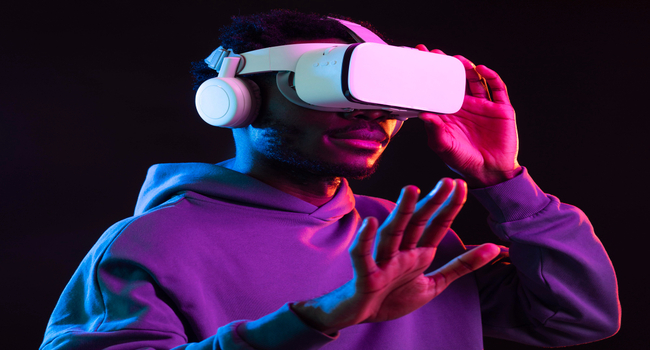
Vestibular disorders affect a lot of people worldwide and can have a big impact on their life quality. Vestibular rehabilitation is a common treatment method to reduce symptoms like dizziness, vertigo, and balance issues. But, traditional vestibular rehabilitation might not work for everyone, so new treatments are needed to improve outcomes.
Researchers have been trialing the use of virtual reality (VR) as a tool for vestibular rehabilitation. A clinical trial aimed to evaluate the effectiveness of VR-based sensory integration strategies on head movement in people with vestibular disorders.
Clinical Trial
The trial had 30 people with vestibular problems and 21 people without the problems, who were the same age. The researchers used a Head-Mounted Display (HMD) and the HTC Vive system to see how the participants moved their heads. They did this by showing them different pictures and sounds and recording their head movements in five directions. The researchers then looked at the data to see how much their heads moved in different ways using different measures called Directional Path, Root Mean Square Velocity, and Power Spectral Density in low, medium, and high frequencies.
After the first assessment, the participants were randomly split into two groups. One group received traditional treatment, while the other group received training using virtual reality technology. Both groups continued their treatment for eight weeks before undergoing a second assessment to see if there were any changes in their condition.
Results
The trial found that people with vestibular disorders showed less head movement after going through vestibular rehabilitation, regardless of the type of treatment or how much visual information they were given. Both groups significantly reduced the amount of head movement they made while swaying side to side, up and down, and tilting their head, with no difference between them. Before rehabilitation, the group with vestibular disorders had higher scores on all tests compared to the control group. After rehabilitation, they only had higher scores on one test. Sound did not seem to have a big effect on how much head movement they made.
